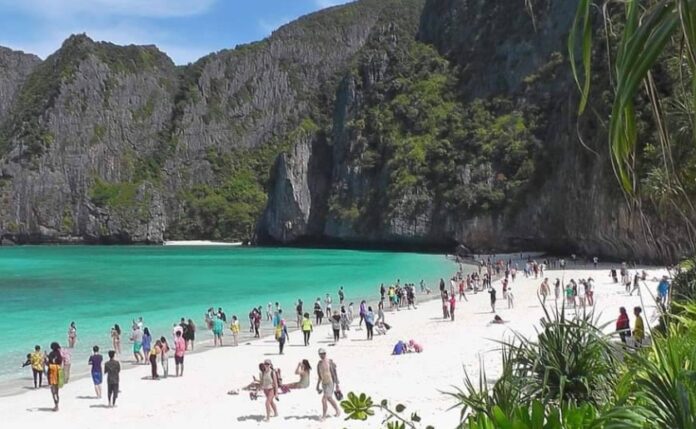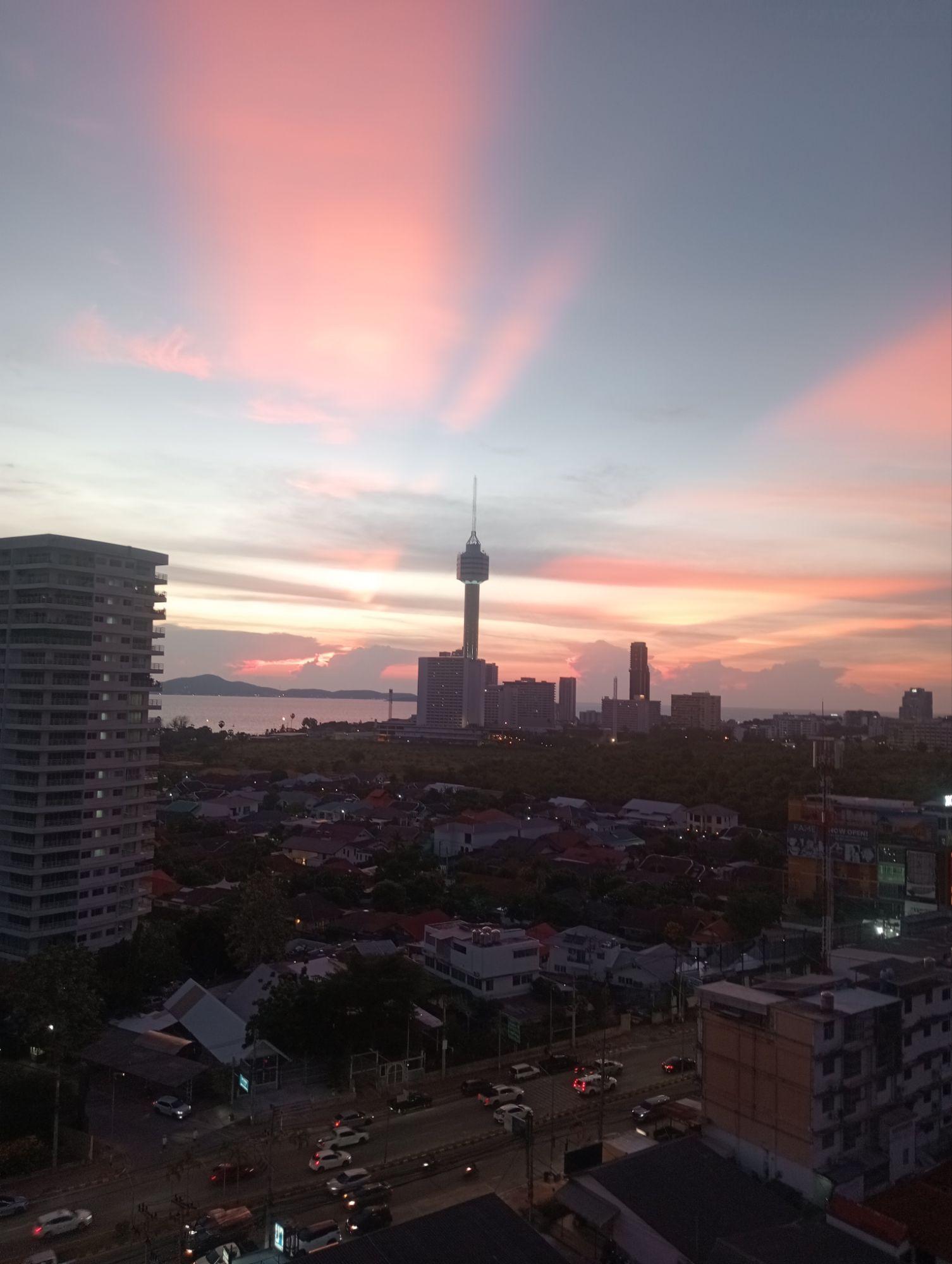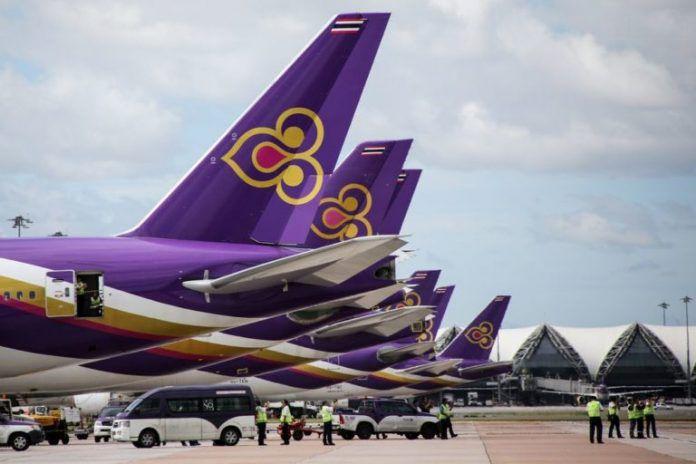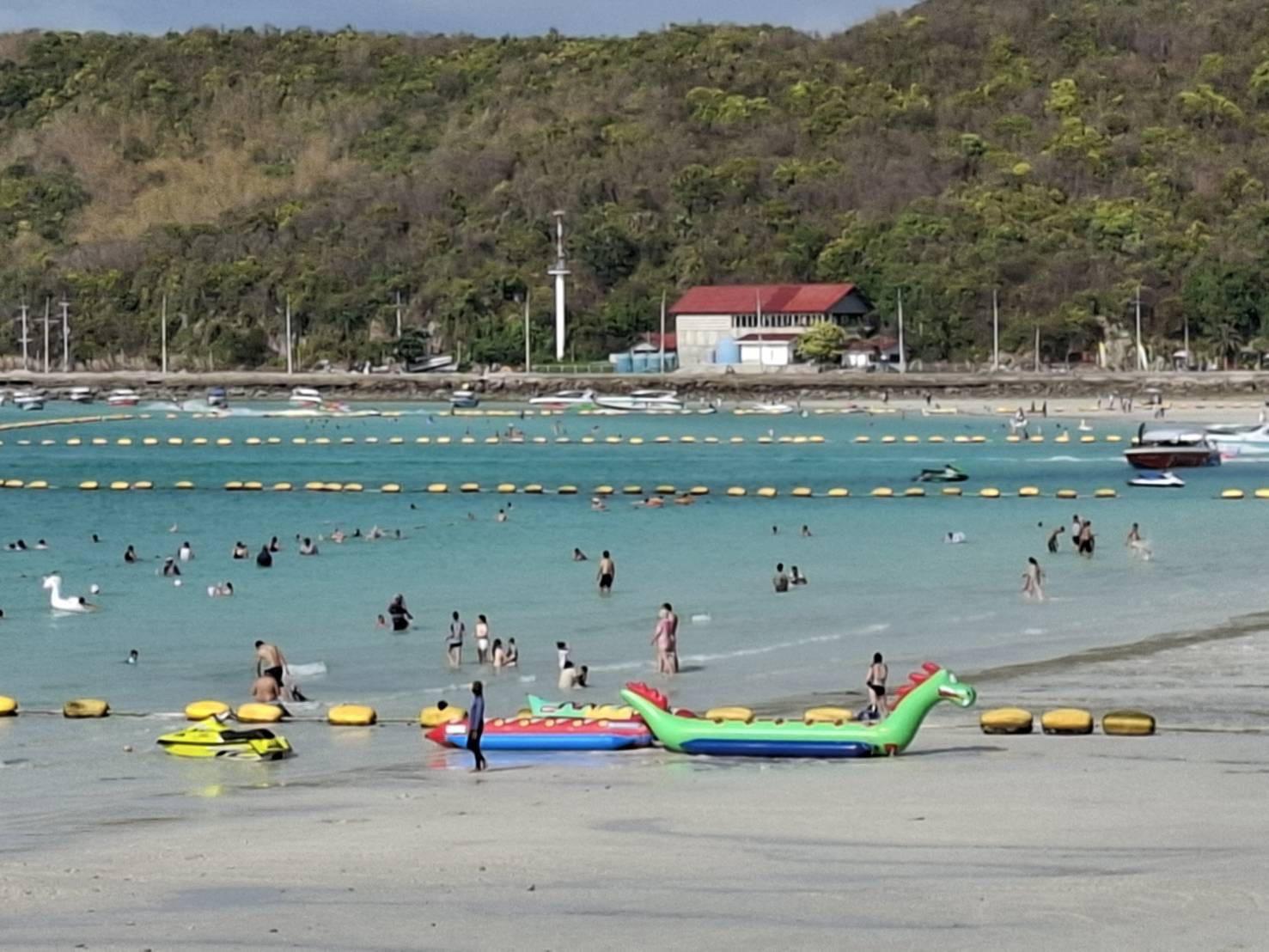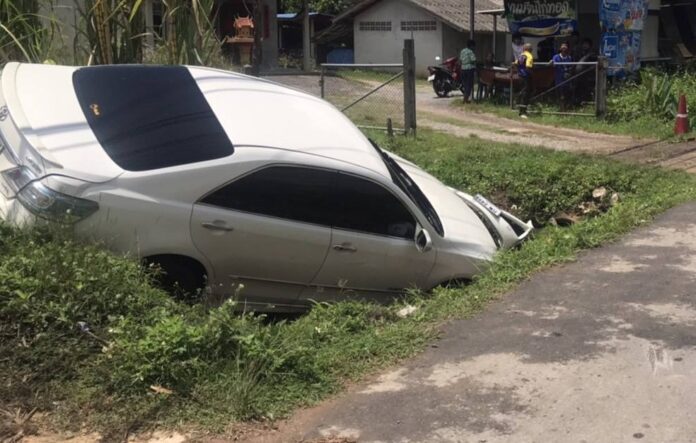How Sweden's Multicultural Dream Turned Into a Nightmare of Gangs, Violence, and Child Soldiers
Once admired across Europe for its peaceful society and progressive ideals, Sweden now finds itself grappling with a grim reality: gangland killings, hired assassins, and the use of children as "soldiers" in an increasingly brutal criminal underworld.
To illustrate the severity of the crisis, investigative journalist Diamant Salihu needs only to share a few disturbing phone messages. These aren't ordinary spam texts. They're what have become known as "murder ads"—messages festooned with skulls and pistol emojis offering cash rewards to anyone willing to carry out contract killings. "All types of jobs are available," one reads, luring potential killers with the promise of up to one million Swedish krona (about £78,000). Another adds chillingly: "Age doesn't matter."

That detail is key. Sweden's child assassins are becoming a horrifying norm. Under Swedish law, children under 15 are too young to be prosecuted, which has led gangs to recruit minors with alarming frequency. "We have so many child soldiers that nobody can count anymore," says Salihu, an investigative journalist at SVT, Sweden's public broadcaster. "There are kids as young as 13 being arrested."
It is no exaggeration to say that barely a week goes by in Sweden without another teenager arrested for attempted murder or a hit job gone wrong. For Salihu, a former tabloid reporter with the calm demeanour of a detective in a Nordic noir novel, the story has become a personal crusade. But unlike fiction, the violence in Sweden has no neat resolution, no clear villain. It's a mystery rooted in decades of political choices, social challenges, and shifting demographics.
Over the past ten years, Salihu has chronicled Sweden's descent into gang warfare in two best-selling books. His first, Until Everyone Dies, examined the bloody feud between two Somali gangs that left nine young men dead. His latest, When Nobody's Listening, delves into the encrypted world of organised crime, following the revelations unlocked when European authorities cracked Encrochat, the preferred mobile network of criminals across the continent.
The book, newly released in English, expands on Salihu's exploration of a nation in crisis. Himself a migrant of Kosovan heritage, Salihu knows both the promise and pitfalls of Sweden's long-standing commitment to multiculturalism. He spent part of his early career in London, reporting for Expressen during the aftermath of the 2011 riots. When similar unrest broke out in Swedish cities just two years later, he began to see troubling patterns.
"In the Swedish areas that have social problems, I didn't see the same bad standard of housing and class differences that I saw in the UK," he says. "So why, when we in Sweden have a generally better standard of living, do we have this escalation of violence?"
It's a question many Swedes are now asking. In 2022 alone, Sweden recorded 62 fatal shootings—twice the number seen in England and Wales, which has six times the population. Only Albania had a higher rate of gun deaths per capita in Europe that year.
The perpetrators are no longer just motorcycle gangs or fringe thugs. Today's violence is largely driven by ethnically based organised crime groups, including the Foxtrot network—an outfit run by Kurdish criminals that looms large in Salihu's latest reporting. Foxtrot, though heavily involved in drug trafficking, operates more like a chaotic patchwork of freelancers. It was this gang that pioneered Sweden's online murder ad system, equipping teenagers with guns and grenades, often on loan, in exchange for deadly favours.
With even small towns now witnessing shootings and bombings, law enforcement struggles to keep up. Meanwhile, gang leaders are idolised on social media, their exploits glamorised by rappers and so-called "gangfluencers"—a word that entered the Swedish lexicon in 2021.
As Prime Minister Ulf Kristersson grimly put it: "Sweden has never seen anything like it before."
Even native-born Swedish youths are now taking part. "We also now see Swedish kids involved—some from broken backgrounds, but some whose parents are successful," Salihu says. "All they've maybe done before is steal something or play truant. Now they're getting involved in murder."
One especially chilling example emerged late last year when a 14-year-old was filmed committing a gang hit. Armed with a Kalashnikov, the child was captured on camera firing at the door of a residential building, reportedly to provide proof of the killing.
So how did it come to this? According to Salihu, part of the answer lies in social disconnection. Though Sweden has long invested in integration programmes, trying to prevent "parallel societies," those very divisions have nonetheless taken root.
Born on a farm in Kosovo, Salihu's early life was modest. "We had a horse and cart, like in the Borat movies," he recalls. His family fled the country in 1998 ahead of the war with Serbia, resettling in a Swedish town. His mother, he remembers, collapsed in grief upon learning her brother had been killed in the war.
At school, he encountered a Sweden full of promise. About 20 per cent of his classmates were fellow migrants, but many others came from well-off Swedish families. "That makes it harder for them to learn Swedish properly, and they won't see what I saw as a child. Society has become much more segregated," he says. "Swedes welcome people from every corner of the world, but don't actually want to live with them as neighbours."
But he doesn't place all the blame on racism. In his book, Salihu highlights communities where single mothers are left to raise large families alone.
Still, many of the gang members he interviews "actively choose their lifestyle," he says. "They've had all the opportunities, with siblings who've graduated and got good jobs, yet still they've chosen the bad path."
It's a path paved with violence. Murderers are often instructed via smartphone livestreams, sometimes told to record their actions. In December, one assassin even used a GoPro to film himself killing rapper Ninos Khouri in a Stockholm car park.
Salihu's work has made him a target. When Mustapha al-Jubouri, a former Foxtrot member, posted a video from Iraq declaring he had faked his own death—brandishing a gold Kalashnikov for effect—his followers launched a campaign against Salihu via Instagram. "It was being watched by 20,000 people," he says. "How could Instagram not do something about that, knowing what kind of people are involved, inciting murder and threatening journalists?"
The violence has also spilled across borders. In the UK, Swedish gang connections have surfaced in high-profile killings. In 2022, Tunisian kickboxer Anis Hemissi was convicted of murdering Swedish-Albanian crime boss Flamur Beqiri in London. Last year, Swedish police began hunting a gangster accused of killing two British businessmen, Juan Cifuentes and Farooq Abdulrazak, in Malmö.
Some gang leaders operate from abroad, shielded by foreign passports. Al-Jubouri remains in Iraq, while Foxtrot boss Rawa "The Fox" Majid lives in Turkey, having obtained citizenship there to avoid extradition. He is believed to have fled to Iran last year after escalating conflicts.
Majid's influence is even attracting geopolitical scrutiny. A year ago, Swedish officials accused Iran of enlisting local gang members for attacks on Israeli interests in Europe, including a grenade found near Israel's embassy in Stockholm. In response, the U.S. sanctioned Foxtrot, citing Majid's direct cooperation with Tehran.
The Swedish government is scrambling to respond. Juvenile sentencing has been toughened, and thanks to the Encrochat hack, about 400 gang members have been jailed. Politicians now want tighter regulation of social media to curb the spread of murder ads—something Salihu believes is a growing danger far beyond Sweden.
"You too may end up with British child soldiers, just as we are facing this crisis in Sweden," he warns. Though UK gun laws are stricter, knife crime is rampant. In the year leading up to March 2024, 57 people under 25 were stabbed to death, including 17 children under 16.
Despite a recent dip in Sweden's gun homicides—from 62 in 2022 to 45 last year—Salihu sees no cause for relief. The infrastructure of violence remains, he argues, and the stakes are getting higher. "These guys are predators," he says. "You have to stand up to them, not back off."
If Swedish society fails to confront the problem, Salihu warns, the targets of gang violence may one day include far more than just rivals. "I fear that our democratic institutions will come under pressure, be it prosecutors, or journalists – I myself would feel much more afraid."
Based on a report by The Telegraph 2025-04-16






